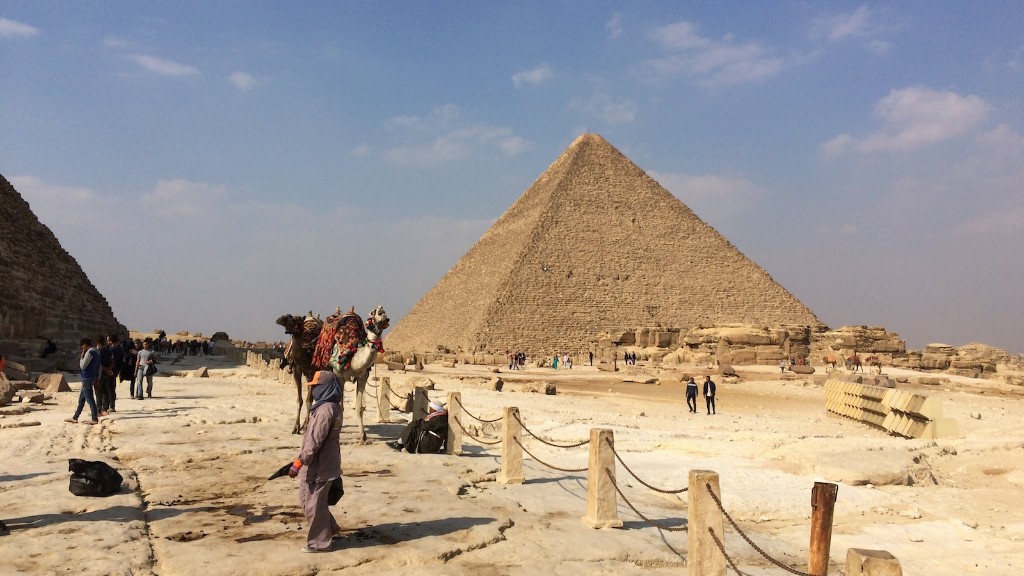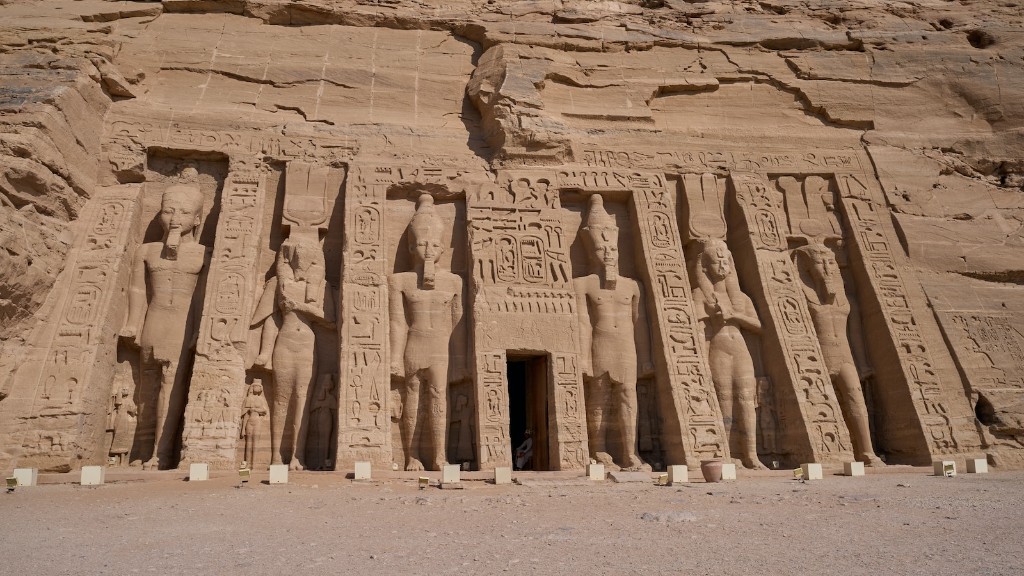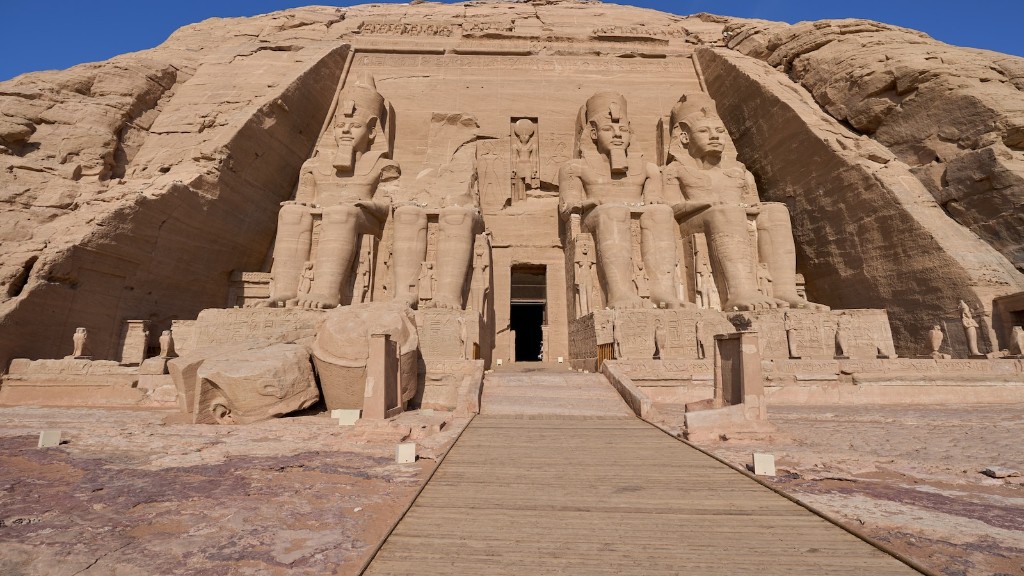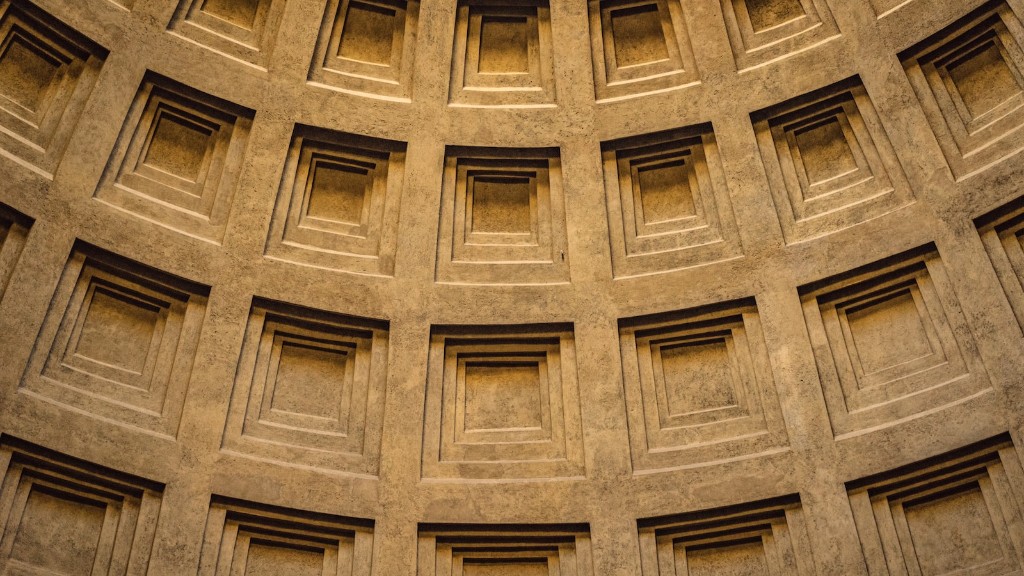Survival in ancient Egypt presented countless challenges. The hot, arid climate, as well as diseases and other natural disasters, meant things were far from easy for those settlers and inhabitants of the area. Knowing and mastering all the tricks to stay alive during that period of time was no mean feat. Yet, many did it.
Contrary to popular belief, not all of their secrets were lost, as many of these lifestyle rules and strategies have been passed down through generations and are still celebrated in various countries. Here, we will explore the tricks and tips available to survive in Ancient Egypt.
Skills and Tricks
The ancient Egyptians employed a variety of skillset and tricks to get by in their harsh environment. These included using a natural alchemy to create medicines, curing with herbs, and a selection of natural remedies. Some even believed in supernatural forces.
No place was safe from natural disasters. A combination of a dry climate, regular sandstorms, floods, and infernal plagues created an environment in which surviving was almost impossible. The ancient Egyptians had to be creative in order to make it out alive.
They learned to hunt and fish, and employed the services of animals for tilling the land, building canals, and ferrying goods. They had to adjust their lifestyle and diet to the climate and seasons, and devise strategies for avoiding and warding off diseases. Good hygiene was also essential in preventing epidemics.
Subsistence farming was the backbone of the Egyptian civilization, and common crops such as wheat, barley, and lentils provided most of the necessary nutrition. Crops were stored for winter, making it possible to keep living off the land through periods of famine.
Trading and Economic Exchange
Trade and economics was essential in surviving during any period in ancient Egypt. Not only did they trade goods and create alliances, but they also bartered for slaves and servants. This allowed them to create a diverse and plentiful workforce, which was essential in building the Egyptian civilization.
The Ancient Egyptians also tapped into the natural resources of the area to build and sustain their settlements. Rivers like the Nile provided plenty of fishing opportunities and plenty of festivals were held in its honor. Bodies of water were also mandatory for irrigation and transportation, making them fundamental in the lives of the citizens.
Foreign goods from other parts of the world were also valuable and exchanged with other cultures. Gold and precious stones were often used to attract friendly trades from other regions. This vast foreign influence revealed a society that was adept in improvisation and innovation.
Symbolism
Symbolism was also important in Ancient Egypt. Most of their major cities were placed near big bodies of water in order to tap into naturally-occurring energy currents. These could also help ward off disease and promote fertility.
Religion was powerful and the gods were seen as higher powers that needed to be respected and appeased in order for their lives to progress smoothly. Sacrifice and offerings were integrals parts of their culture, and festivals and other rituals were held in their honor.
These symbols also extended to tools and artifacts found in Ancient Egypt. The scarab beetle and the Yin-Yang symbol were often found on papyrus, jewelry, and pottery. The use of astrological and religious symbols was also quite common.
Symbolic painting and other arts were also predominant in the area, with figures and hieroglyphs depicting stories and rules of conduct. These were used to decorate buildings, walls, and even entire cities.
Conclusion
Overall, Ancient Egypt was a difficult and dangerous environment to live in, but the ancient inhabitants managed to thrive in it with some knowledge, guts, and creativity. Although many of their secrets have been lost, the remaining information allows us to better understand how people managed to survive in such a hostile land.
Survival by Trade
The ancient Egyptians actively traded goods and services with other cultures in the area. Through international exchanges, they were able to obtain items that were not available in Egypt, such as exotic spices, jewelry, and fabrics. This allowed them to supplement their income and obtain the items they could not make.
In addition to exchanging items and services, the ancient Egyptians also sold slaves and servants for labor. This enabled them to build an intricate network of laborers and suppliers that assisted them with their daily lives. In exchange, these servants and slaves were often provided with housing, and other basic amenities.
Trading was essential for the development of the Egyptian civilization, as it allowed them to gain access to rare goods, foreign influences, and a diverse workforce. Without trading, the ancient Egyptians’ lives would have been a lot different.
Survival by Strategic Management
Another key aspect of survival in Ancient Egypt was strategic management. This involved proper planning and organizational skills to obtain the best results. The ancient Egyptians had to manage their resources carefully to ensure that their settlements and populace were well fed and clothed.
In addition, they had to devise tactical plans to deal with the harsh environment. They had to devise strategies to keep their crops safe from pests and floods, fight off illnesses, and manage their livestock properly. All of these activities demanded a lot of organization and planning.
The ancient Egyptians also had to devise plans to defend their fortresses from invaders. They had to create a military strategy to repel any possible attacks and conquer any adversaries. This required strategic military tactics and planning.
The ancient Egyptians mastered the art of strategic management to ensure that their civilization could survive and progress. They were able to manage their resources effectively, devise defensive strategies, and develop a prosperous economy.
Survival by Culture
In addition to strategic management, the culture of the ancient Egyptians was also a major factor in their survival. Religion and religious symbols were important to their culture, and were often used to symbolically ward off pests, disease, and death.
Festivals were common in the area, and provided respite from the harsh reality of life in Ancient Egypt. Music, dance, and other activities helped the citizens escape from their daily life, and gain a sense of hope and well-being. This prepared them for difficult times, and served as the centerpiece of the Egyptian civilization.
Finally, the arts also played an important role in survival. Symbolic art, painting, and pa





